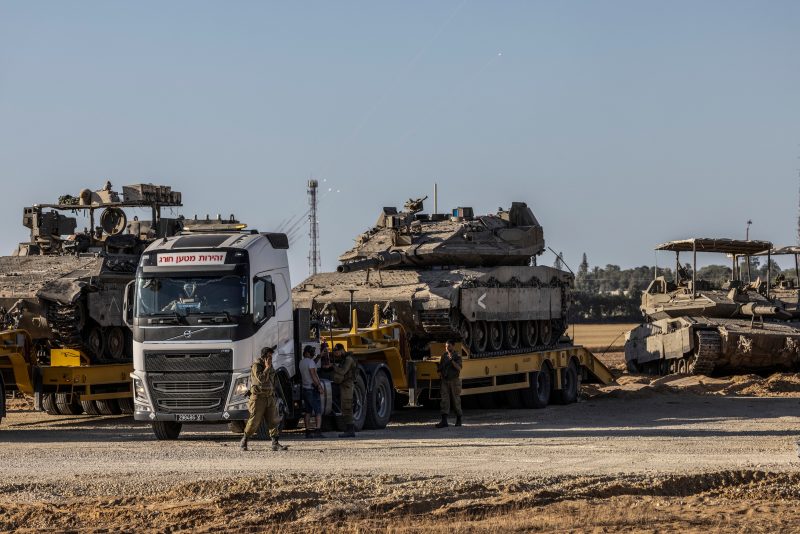The recent actions and decisions taken by the United States to offer intelligence support and supplies to Israel in order to limit the severity of the ongoing operation in Rafah have sparked debates and controversies on the international stage. This move underscores the complex dynamics and power plays at play in the Middle East conflict, raising questions about the role of the US and the implications of such support.
The US decision to provide intelligence assistance and military supplies to Israel comes at a critical juncture when tensions are running high in the region. The operation in Rafah has drawn widespread condemnation from various countries and international bodies, citing concerns over civilian casualties and human rights violations. By extending support to Israel, the US is not only signaling its solidarity with its ally but also positioning itself as a key player in the conflict resolution process.
Critics of the US move argue that such support only serves to further escalate the situation and embolden Israel to continue its military campaign with little regard for civilian lives. They point out that the US, by backing Israel unconditionally, is complicit in the violence and humanitarian crisis unfolding in Rafah. The decision has also strained diplomatic relations with other countries, particularly those advocating for a peaceful resolution to the conflict.
On the other hand, supporters of the US actions argue that providing intelligence and military assistance is essential for ensuring Israel’s security and protecting its interests in the region. They contend that the US has a responsibility to stand by its allies and help them defend themselves against external threats. Moreover, they argue that by limiting the severity of the operation, the US is playing a constructive role in de-escalating tensions and preventing further bloodshed.
The US-Israel relationship has always been a complex one, characterized by shared strategic interests and conflicting priorities. The latest move to offer support in the midst of the Rafah operation has brought these dynamics into sharp focus, raising questions about the extent of US influence in the region and the implications of its actions on the broader peace process. As the conflict continues to unfold, it remains to be seen how the US support will shape the outcome and whether it will contribute to a lasting solution to the longstanding issues in the Middle East.
